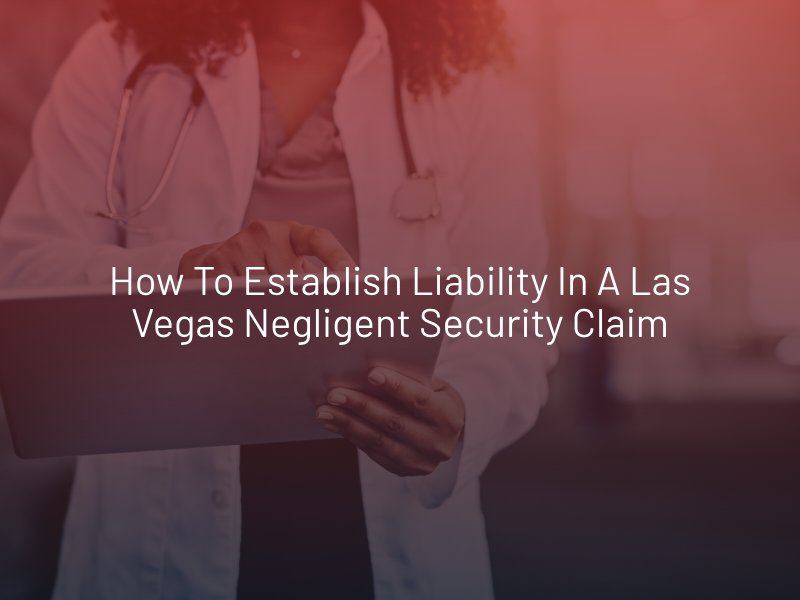What is Negligent Security?
When individuals suffer harm due to inadequate security measures, the legal concept of negligent security comes into play. Negligent security is a legal concept rooted in premises liability, which asserts that property owners or managers have a duty to maintain a reasonably safe environment for visitors. When inadequate security measures contribute to foreseeable harm, a negligent security claim can be pursued.
Key Elements of Negligent Security Cases
In a negligent security case, several key elements must be proven to establish liability on the part of the property owner or manager. These elements typically include:

- Duty of Care: The plaintiff (injury victim) must demonstrate that the property owner owed a duty of care to ensure the safety of individuals on the premises. Property owners have a legal obligation to take reasonable steps to provide adequate security and protect against foreseeable risks.
- Foreseeability: It must be established that the property owner reasonably foresaw or should have foreseen the potential for criminal activities or harm on the premises. This often involves considering the history of criminal incidents in the area or other indicators of security risks.
- Breach of Duty: The plaintiff needs to show that the property owner or manager breached their duty of care by failing to implement reasonable security measures. This could include inadequate lighting, insufficient surveillance, or a lack of security personnel.
- Causation: There must be a direct link between the inadequate security measures and the plaintiff’s harm. It’s crucial to establish that the lack of proper security was a substantial factor in causing the injuries or damages.
- Actual Harm or Damages: The plaintiff must demonstrate actual harm or damages resulting from the inadequate security. This can include physical injuries, emotional distress, financial losses, or other tangible and measurable harms.
In some cases, the plaintiff may need to show that the property owner had notice or knowledge of prior criminal incidents on the premises. This can strengthen the argument that the property owner should have taken steps to enhance security.
Common Scenarios Leading to Negligent Security Claims
Negligent security cases can arise in various settings, including:
- Hotels and Casinos: Incidents in hotel or casino premises, such as assaults, robberies, or other criminal activities.
- Apartment Complexes: Inadequate security in residential complexes can lead to criminal activities like burglaries, assaults, or vandalism.
- Shopping Centers: Poorly lit parking lots, lack of surveillance, or insufficient security personnel in shopping centers.
- Nightclubs and Bars: Inadequate security measures in nightlife establishments may result in incidents such as fights, assaults, or other criminal behavior.
- Parking Lots and Garages: Unsecured or poorly monitored parking lots and garages can be hotspots for criminal activities like car thefts or assaults.
- Public Events: Inadequate security at public events, concerts, or festivals can expose attendees to risks such as crowd-related incidents or criminal activities.
- Schools and Educational Institutions: Inadequate security measures at schools may result in incidents such as assaults or unauthorized access.
- Public Transportation: Inadequate security on public transportation, such as buses or trains, can expose passengers to risks like assaults or thefts.
- Hospitals and Healthcare Facilities: Incidents in hospitals or healthcare facilities, such as assaults on staff or patients.
- Business Establishments: Inadequate security in businesses, such as retail stores or offices, can lead to incidents like thefts or assaults, prompting employees or customers to file negligent security claims against the business owner.
Individuals who believe they have suffered harm due to negligent security should consult a knowledgeable and trusted Las Vegas negligent security attorney. These legal professionals can assess the circumstances, establish liability, and help you pursue compensation for your losses.